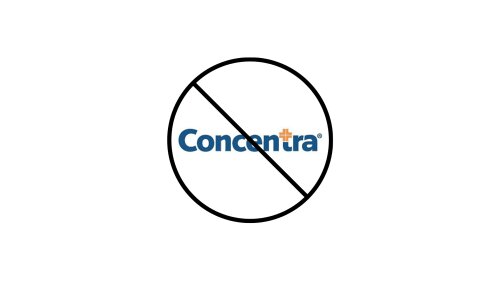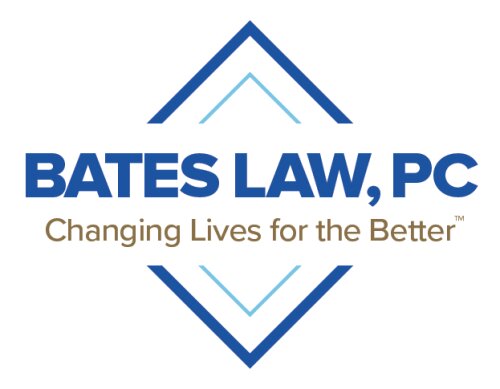Best Work Injury Lawyers in California
Share your needs with us, get contacted by law firms.
Free. Takes 2 min.
Or refine your search by selecting a city:
List of the best lawyers in California, United States
About Work Injury Law in California, United States
Work injury law in California is designed to protect employees who are hurt or become ill as a direct result of their job. These laws cover a wide variety of physical injuries, occupational illnesses, repetitive stress conditions, and even some mental health issues connected to employment. California has a robust workers’ compensation system, which generally allows injured employees to receive medical treatment, temporary or permanent disability payments, and other benefits without the need to prove that the employer was at fault for the injury. However, navigating the claims process can be complex and sometimes challenging.
Why You May Need a Lawyer
While California’s workers’ compensation system aims to be employee-friendly, there are situations where legal help can be critical. Common scenarios where you may need a lawyer include:
- Your claim is denied by your employer or the insurance company.
- Your injury results in permanent disability and you are concerned about receiving fair compensation.
- You experience retaliation, such as being fired or demoted, after reporting a work injury.
- Your employer does not have workers’ compensation insurance.
- Your settlement offer does not cover all your medical bills or lost wages.
- You have a pre-existing condition and your employer or insurer disputes your claim.
- A third party (not your employer or coworker) is responsible for your injury and additional legal action may be required.
An experienced work injury attorney can help you understand your rights, gather necessary medical documentation, negotiate with insurers, and represent you at hearings or in court.
Local Laws Overview
There are several key aspects of California law that are especially important for workers who suffer job-related injuries:
- Mandatory Workers’ Compensation: Most California employers are required by law to provide workers’ compensation insurance, regardless of the size of the business or the number of employees.
- No-Fault Protection: Injured workers can claim benefits without having to prove the employer was at fault, though there are rare exceptions if the employee was intoxicated or violating company policy.
- Benefit Types: Workers’ compensation covers medical care, temporary disability benefits, permanent disability benefits, supplemental job displacement benefits, and death benefits for surviving dependents.
- Strict Reporting Deadlines: An injury must be reported to an employer within 30 days, and claims generally need to be filed within one year of the injury or illness discovery.
- Retaliation Protections: California law prohibits employers from punishing employees for filing a workers’ compensation claim.
- Independent Medical Review: Disputes over medical treatment can be resolved through an independent review system designed to ensure fair determination of necessary care.
Frequently Asked Questions
What should I do immediately after a work injury?
Seek medical attention right away, notify your employer of the injury as soon as possible, and document the incident and your injuries in writing for your records.
How long do I have to file a workers’ compensation claim?
You must report your injury to your employer within 30 days and file your official claim form (DWC 1) within one year of the injury or illness discovery date.
What benefits am I entitled to after a work injury in California?
Benefits typically include medical care, temporary or permanent disability payments, supplemental job displacement payments, and, in case of fatal injuries, death benefits for dependents.
Can my employer fire me for filing a work injury claim?
No, California law prohibits retaliation against employees who file workers’ compensation claims. If you are fired, demoted, or otherwise punished, you may have grounds for a separate legal action.
Do I need to prove someone was at fault for my injury?
No, California workers’ compensation is a no-fault system. You do not need to prove fault to qualify for benefits, though exceptions apply in cases of serious misconduct or intoxication.
What if my claim is denied?
You can file an appeal with the California Workers’ Compensation Appeals Board. Legal assistance can help prepare your case and represent you in the hearing process.
Can I sue my employer for a work injury?
Generally, you cannot sue your employer outside of the workers’ compensation system unless there is evidence of intentional harm or your employer does not have workers’ compensation insurance.
What if my injury was caused by a third party?
You may be able to file a separate personal injury lawsuit against the responsible third party in addition to your workers’ compensation claim.
Will my immigration status affect my ability to claim benefits?
No, all workers in California, regardless of immigration status, are entitled to workers’ compensation benefits.
How are permanent disability payments determined?
Permanent disability payments are based on the severity of your impairment, your age, occupation, and the date of injury. Your treating physician’s reports and guidelines set by the state determine the percentage of disability.
Additional Resources
If you need more information or support regarding work injuries in California, consider contacting or visiting the following:
- California Division of Workers’ Compensation (DWC) - Provides state resources, claim information, and forms.
- California Department of Industrial Relations (DIR) - Offers regulatory information and assistance for injured workers.
- Local legal aid organizations - Provide free or low-cost legal advice for qualifying individuals.
- State Bar of California - Helps connect individuals with licensed work injury attorneys.
- Occupational Safety and Health Administration (OSHA), California Division (Cal/OSHA) - Useful for reporting unsafe work conditions.
Next Steps
If you believe you have a work injury claim or are facing complications with an existing claim, start by documenting everything related to your injury or illness and notifying your employer as soon as possible. Seek immediate medical care and request copies of all medical records. If your claim is denied, if you experience retaliation, or if you are unsure of your rights or benefits, consider consulting with an experienced work injury attorney in California. A legal professional can guide you through filing or appealing a claim, ensure you meet important deadlines, and help you receive all the benefits to which you are entitled.
Lawzana helps you find the best lawyers and law firms in California through a curated and pre-screened list of qualified legal professionals. Our platform offers rankings and detailed profiles of attorneys and law firms, allowing you to compare based on practice areas, including Work Injury, experience, and client feedback.
Each profile includes a description of the firm's areas of practice, client reviews, team members and partners, year of establishment, spoken languages, office locations, contact information, social media presence, and any published articles or resources. Most firms on our platform speak English and are experienced in both local and international legal matters.
Get a quote from top-rated law firms in California, United States — quickly, securely, and without unnecessary hassle.
Disclaimer:
The information provided on this page is for general informational purposes only and does not constitute legal advice. While we strive to ensure the accuracy and relevance of the content, legal information may change over time, and interpretations of the law can vary. You should always consult with a qualified legal professional for advice specific to your situation.
We disclaim all liability for actions taken or not taken based on the content of this page. If you believe any information is incorrect or outdated, please contact us, and we will review and update it where appropriate.
Browse work injury law firms by city in California
Refine your search by selecting a city.
















